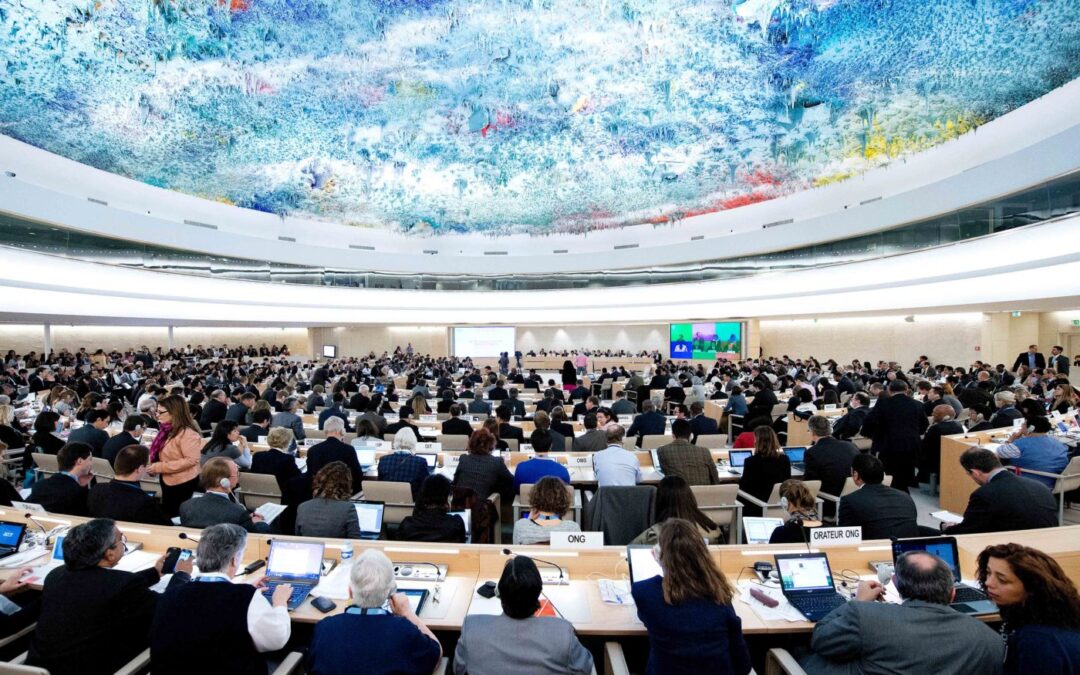
Venezuela: ICJ and IBAHRI stress urgent need for accountability before UN Human Rights Council
The ICJ and IBAHRI today stressed the urgent need for accountability for gross human rights violations in Venezuela before the UN Human Rights Council.

The ICJ and IBAHRI today stressed the urgent need for accountability for gross human rights violations in Venezuela before the UN Human Rights Council.
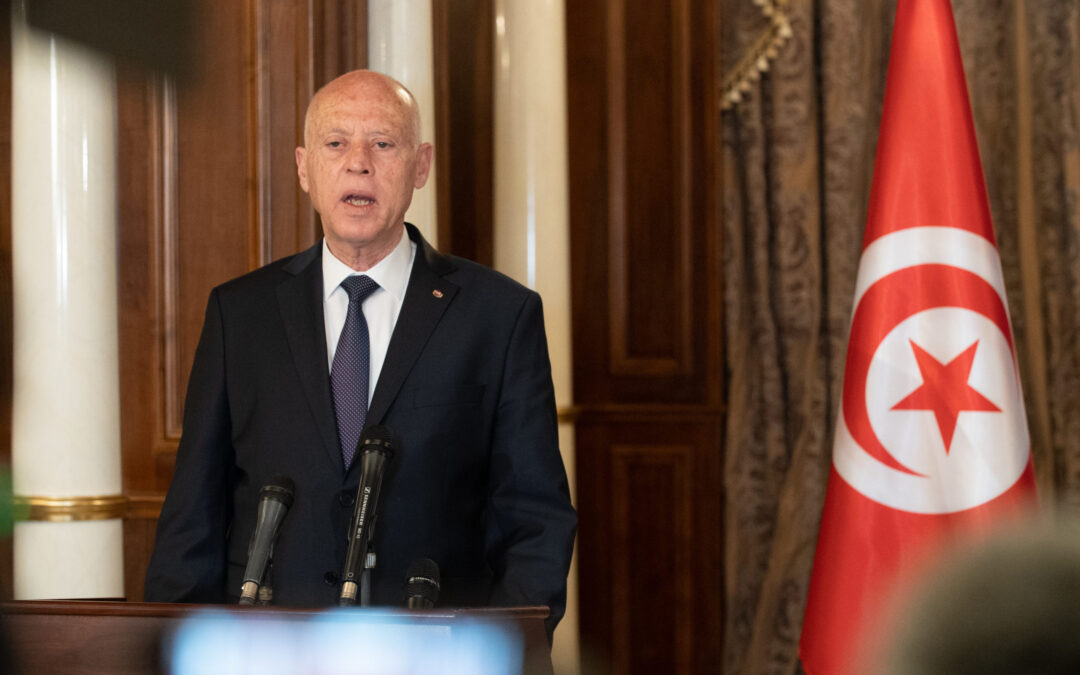
Presidential Decree 117 on 22/09/2021 is an affront to the Rule of Law and the constitutional order and must be immediately revoked, the International Commission of Jurists (ICJ) said today.
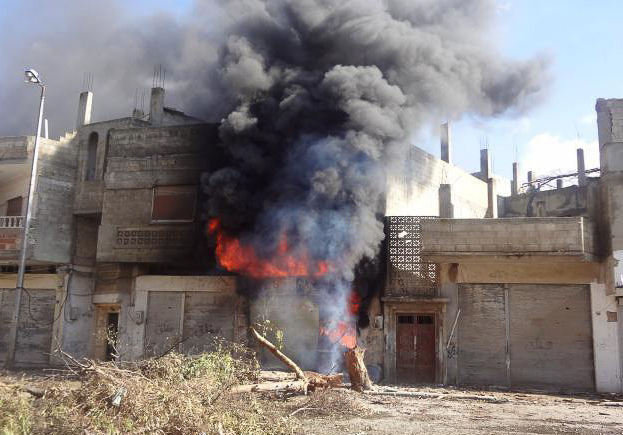
The ICJ expressed concern at the prevailing impunity for most serious crimes under international law in Syria and, before the UN Human Rights Council, called on UN Member States to act to ensure accountability.
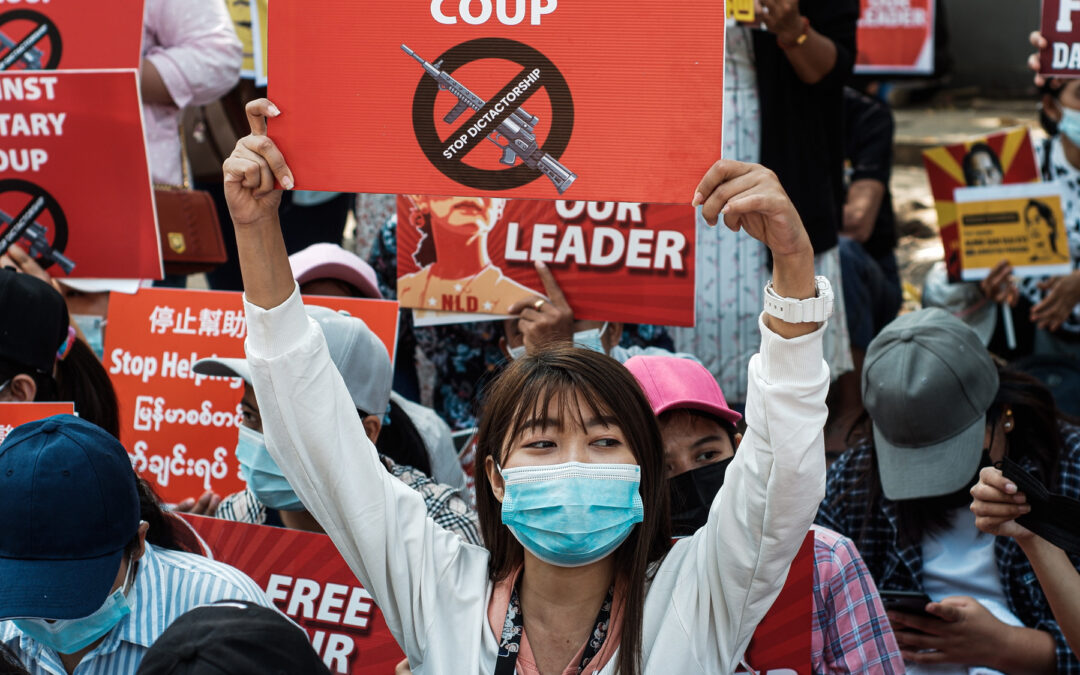
Today, the ICJ outlined the dire human rights and rule of law situation in Myanmar before the UN Human Rights Council during the interactive dialogue on the written update by the High Commissioner for Human Rights.
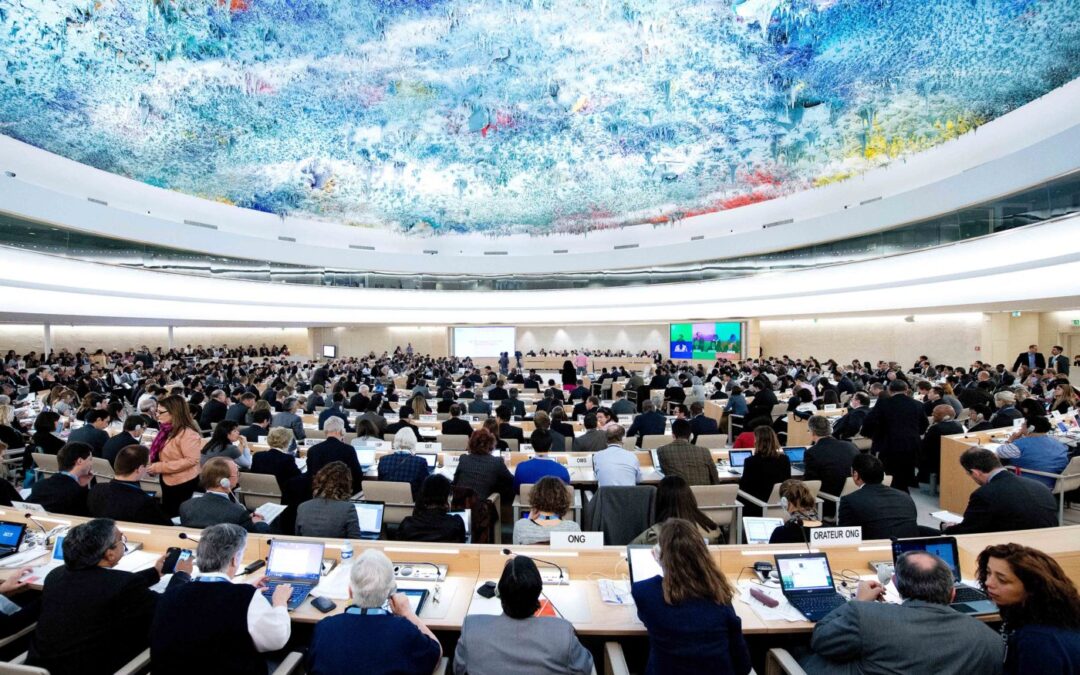
The ICJ today urged the UN Human Rights Council and its Member States to work to ensure accountability for gross human rights violations and likely crimes against humanity committeed in Myanmar during the interactive dialogue with the UN Special Rapporteur on the situation of human rights in Myanmar.